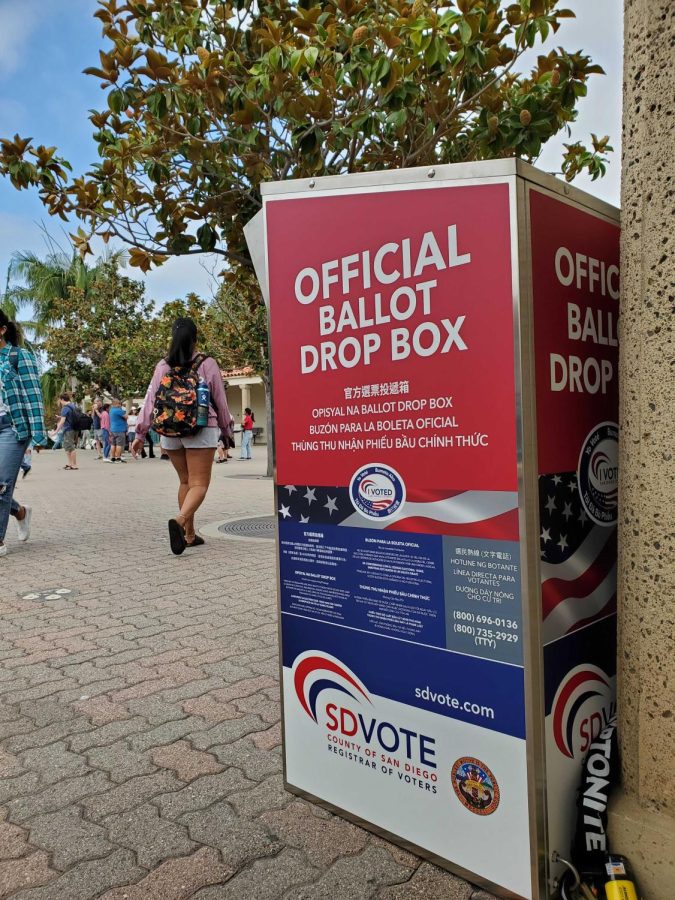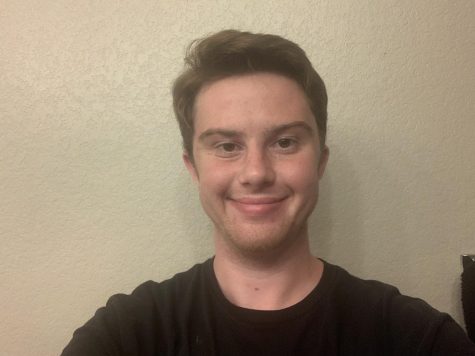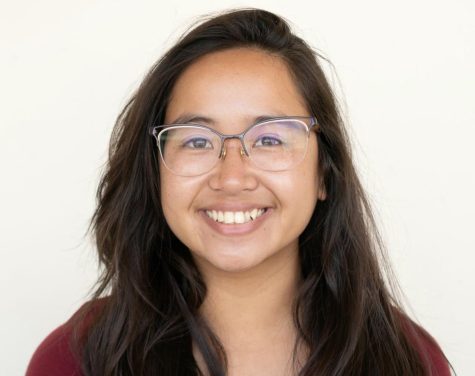With Roe v. Wade being overturned by the Supreme Court, abortion laws are now left up to the states. This November, California voters will decide whether or not to give abortion further protection under Proposition 1.
What is Proposition 1?
The passing of Proposition 1 would amend the California Constitution, classifying abortion as a “fundamental right.” The measure declares that “the state shall not deny or interfere with an individual’s reproductive freedom in their most intimate decisions, which includes their fundamental right to choose to have an abortion and their fundamental right to choose or refuse contraceptives.”
Currently, abortion is legal in California under state statute, meaning it was enacted into law by state legislators. Proposition 1 will have no impact on abortion’s legal status. Its passing will explicitly guarantee all Californians the right to abortions, removing its legal ambiguity. Abortion rights advocates say it prevents future state lawmakers from re-criminalizing the act, barring federal interference.
Why is it important?
Roe v. Wade began in 1970 when Texas resident Norma McCorvey sued Texas District Attorney Henry Wade over their state’s abortion laws. Pregnant with her third child, McCorvey wanted an abortion, which was banned in Texas. The case went all the way to the Supreme Court, wherein 1973, the ban was ruled unconstitutional.
But in June of this year, the Supreme Court voted 5-4 to overturn Roe v. Wade, ending constitutionally protected abortion access. This decision allows states to decide their legal status. The laws vary state by state with some implementing blanket bans, while others have added exceptions like rape or incest.
Abortion has always been a highly controversial issue in the United States with anti-abortion and abortion rights supporters holding differing views. Abortion rights advocates have long-claimed “it can save women’s lives and prevent unplanned pregnancies.” Anti-abortion advocates, however, claim “the act kills human life.”
Under state law, California permits abortions until the fetus is deemed “viable,” or “too far in its development.” Viability usually comes around the 24-26 week period. After that, abortions are only allowed if the woman’s life is in probable danger. Abortions are also protected by California’s right to privacy.
Proposition 1 was created as a reaction to the Supreme Court ruling, with California taking an even stronger stance on abortion rights.
What do students think?
San Diego State University students have different opinions on abortion.
“I definitely think abortion should be legal everywhere,” Maya Frank, a senior said. “I think it’s important for women to have that choice to be able to get an abortion no matter what because sometimes it’s not their fault, and sometimes, they’re too young. I think it’s for the women to be able to choose.”
Kendall Stallworth, a junior, echoed these sentiments as Frank, saying anti-abortion advocacy is a way to control a woman’s body.
“I think abortion is personal,” Stallworth said. “I think that this country has a problem of having a true separation of church and state, and…also a problem of trying to control women’s bodies.”
Stallworth has a close relationship with abortion — her mother attempted to terminate her pregnancy while bearing Stallworth. However, her mother was turned away for being too far in her pregnancy. Stallworth was soon born as the third and last child of her family. She recognizes the financial hardships her mother went through raising her, and says her life would have been easier not having to raise a third child.
“As someone who grew up in poverty, I might be one to say that it probably would’ve been better not to have me because my mother struggled to be a single mother of three children,” Stallworth said “It’s really hard to make it in this country even if you were born here. Even if you’ve been here for 400-plus years as my people have been, abortion isn’t just a right, it is a necessity.”
Joshua Rawson, president of the College Republicans at SDSU, supports the court’s decision, calling the abortion process “unnatural.”
“I just concluded that the fetus, that is eventually going to become a child, (and) has a right to life,” Rawson said. “Just because you feel as though you’re in a situation where you cannot take care of the child, or you’re not in the right financial status to do so, I don’t believe is a valid excuse to kill the child.”
Simran Kattaura, though, believes external factors play a more significant role in having abortions. She says decisions like these are hard enough, and that no person or law should interfere with a woman’s choice.
“(Abortion) is already a very traumatic situation,” Kattaura said. “And (for) the people who make that choice, they already know what they’re in for, and they already know what they have to deal with. What’s even worse is that the media (and) certain groups of people have certain views on it, and that gets added upon this one person’s already-built stress that they’re feeling. I think there’s a discourse there that needs to be looked at more because it is very daunting for these people already making this choice.”
The final day to vote on Proposition 1 in the midterms is Nov. 8.













